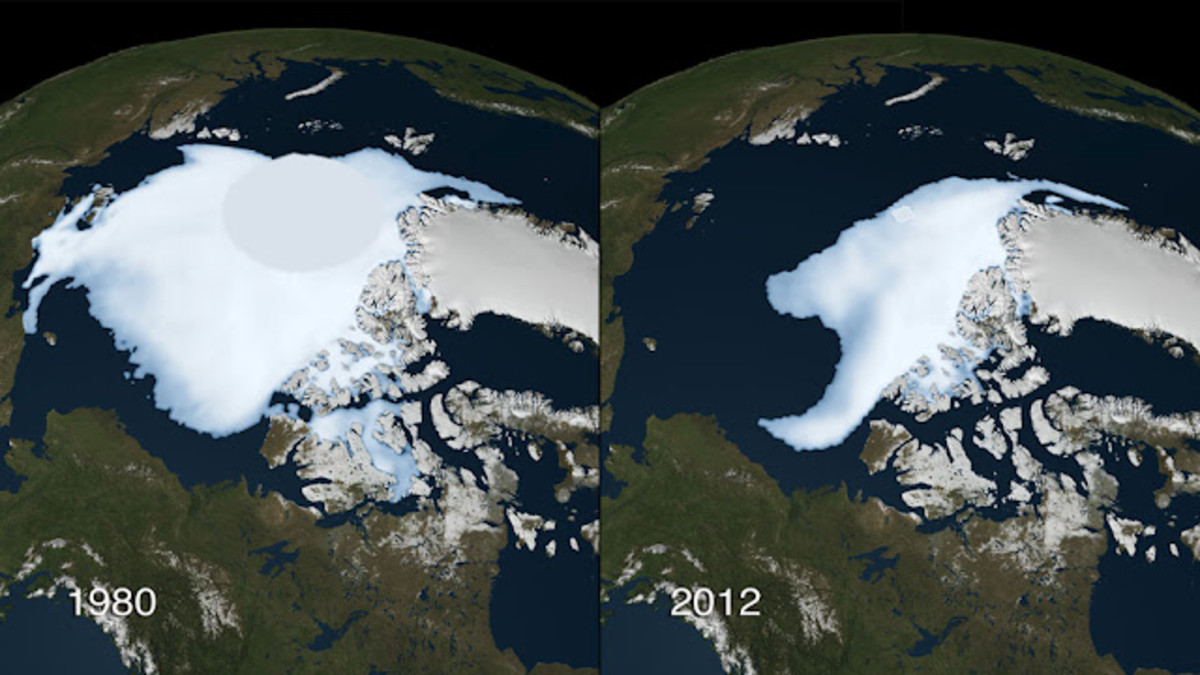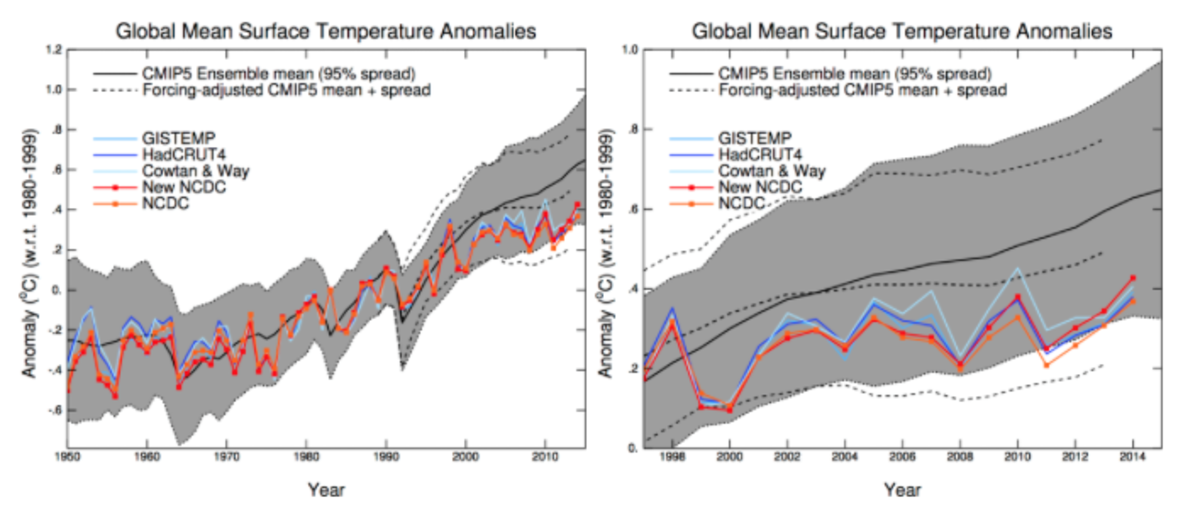How is Climate Change Similar to Our Debt Crisis?
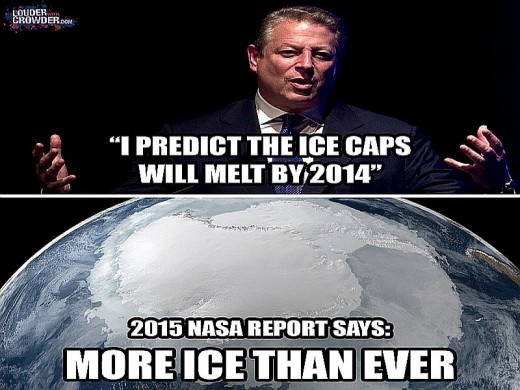
Introduction
If someone told me Climate Change and our National Debt is similar, my first reaction would be - what? are you crazy? After thinking about them a little deeper, I can see the parallels more clearly.
- Jan. 2017
Background
Let me set the stage.
Climate Change is the number one issue for the Progressive left of our country. They rank it as the greatest threat to our nation and the world.
Our national debt is approaching $20 trillion. To the fiscal conservatives, like myself, this is the number one issue which could be the downfall of our nation.
Climate scientists has been studying our climate and monitoring the global effects for quite some times. It was the early 1990s when this first became apparent and the world was given a wakeup call. Since then, we had Al Gore with his award winning documentary "An Inconvenient Truth" which made climate change the number one issue.
Our national debt has been steadily growing ever since the founding of our nation. It has not been a problem since we have a Federal Reserve that keep the control over our monetary policy such that it is managed with quantitative easing and the issue of government bonds...
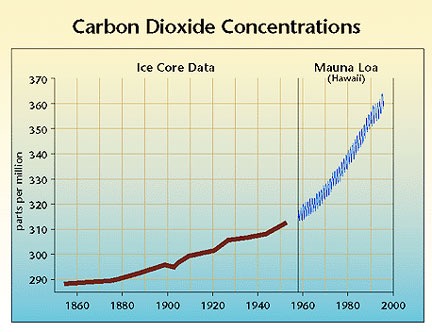
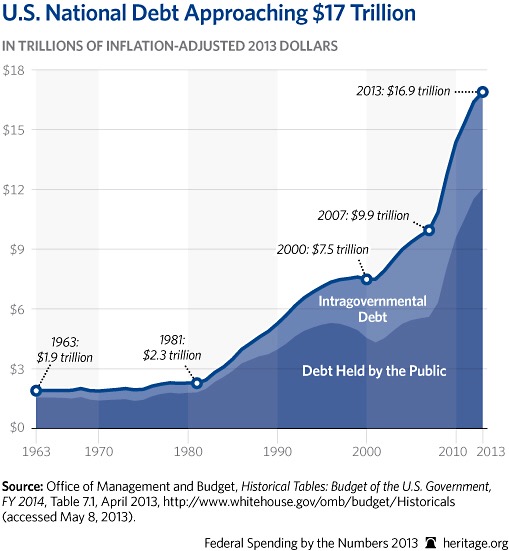
Notice the Similarities
The above two plots are very similar in nature. The top chart shows the growth of CO2 concentration in our atmosphere over time. The second chart is the accumulated debt over time.
Both are rising with a similar trajectory.
Why is this a concern?
In the first case, scientists have theorized the greenhouse effect where by the increased gases of CO2 acts to trap the heat coming from the sun and will lead to global warming and eventually will cause floods and melting polar ices and violent weather storms...
In the second case, economists warns that increased debt will eventually cause a total collapse of our economic and monetary system and lead to global chaos.
Both predictions are plausible and given enough time, if no intervention is enacted, will lead to doom. The question becomes when is this critical point and how fast are we heading there? And are there any other contributing factors that may change the dynamics of this simple model.
What Could Change?
In the Climate change model, what if the sun reduced the amount of energy it puts out for example. There may be many other natural and man-man causes that can affect the outcome.
In the debt crisis, what if the interest rate can be manipulated in such a way to make the problem less painful or postponed indefinitely?
I guess another possibility is that the original theory was wrong or incomplete. What if CO2 had little to do with our climate. The earth has variability in climate due to natural cycles and it always will. It is also affected periodically by asteroids impact and earthquakes...
On the debt problem, what if the interest rate could be fixed at 0%. This means that it cost our government nothing to borrow money that it does not have.
So, what started out as a potential problem may not be something to worry about. In the first case, since the earth is so huge, the main driver of climate change is due to natural cycles and we have little impact. The changes that are taking place will take a long period of time to materialize. By then, we would have developed advanced technology to mitigate any bad effects.
In the second case, we can artificially control the rates such that we won't experience any crash for a long long time.

Summary
What should we, as a nation, do about either?
The answer depends on whom you ask. For the progressives, they want the government to enact laws to reduce fossil fuel usage to combat climate change. They also want to spend more on social programs that we can't afford and then control our debt by holding interest rate at or near zero percent.
To conservatives like myself, we believe we should study climate change more by improving the models such that predictions match with reality over a period. On the debt, we believe we should stop the borrowing in the first place by passing a balanced budget Amendment. This pay as we go is the common sense approach to any budgeting.
I guess it is up to the voters to decide which direction we should follow.
© 2017 Jack Lee

